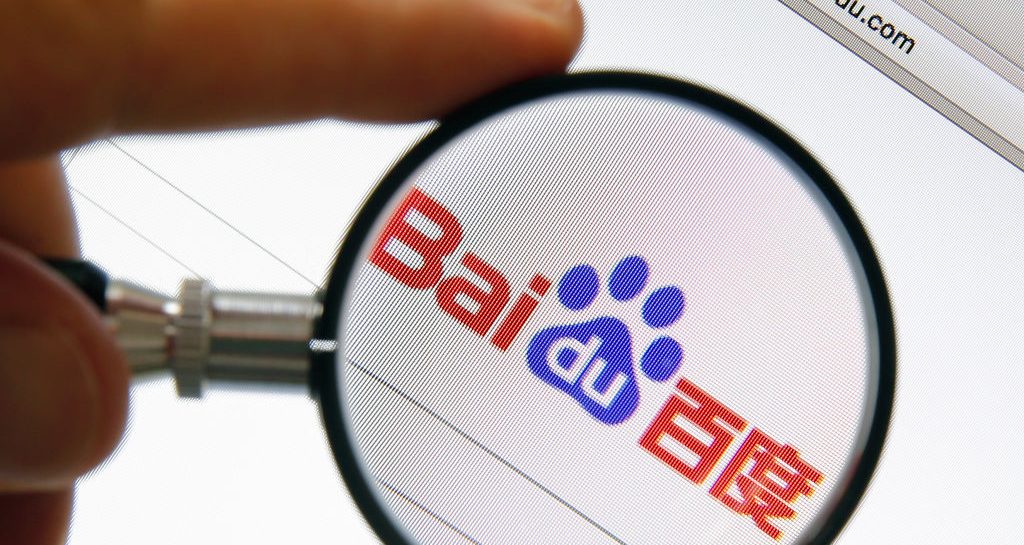
Canadian private equity firm PartnerOne paid $ 28.2 million for HeadSpin, a mobile app testing startup whose founder has been sentenced for fraud earlier this year, according to documents viewed by TechCrunch. The fire sale was reported by TechCrunch last week.
HeadSpin’s 2023 revenue was $ 21 million and its Q1 2024 revenue stood at $ 5 million, the documents revealed. That means PartnerOne valued HeadSpin at about 1.4 times revenue. The median M&A transaction multiple for deals announced or closed in Q1 2024 was 1.6 times, according to PitchBook data’s analysis.
PartnerOne declined to comment on purchase price and HeadSpin’s revenue.
In 2020, HeadSpin’s board, which included Palo Alto Networks CEO Nikesh Arora, learned that the founder Manish Lachwani had overstated the company’s revenue by nearly four times and pushed him to resign, according to reports. Arora resigned from the board in January.
Lachwani pleaded guilty to two counts of wire fraud and one count of securities fraud in April, was sentenced to 18 months in prison and ordered to pay restitution.
Prior to the allegations of fraud, the company had raised $ 117 million from investors including Google Ventures, ICONIQ Capital, Dell Technologies Ventures, Battery Ventures, Felicis and Tiger Global.
The company continued to operate under new leadership but the company’s valuation was later slashed by about-two thirds to $ 302 million, down from $ 1.1 billion set during its Series C round in February 2020, the New York Times reported.
In late 2022, HeadSpin attempted to raise a new round of equity or debt from outside investors, but was unable to attract new backers, according to the document. The company ended up raising an $ 11.4 million convertible note from existing investors. HeadSpin’s further attempts to secure additional financing failed, forcing the company to engage investment bank Shea & Company for help with selling the business.
PartnerOne told TechCrunch in a statement last week that HeadSpin’s new CEO, COO and CTO all left the company post-acquisition. “They all received very generous packages as part of the transaction,” PartnerOne CFO Jonathan Dione’s statement said.
Most former employees, however, received nothing for their stock options, vested or unvested, TechCrunch reported earlier.







